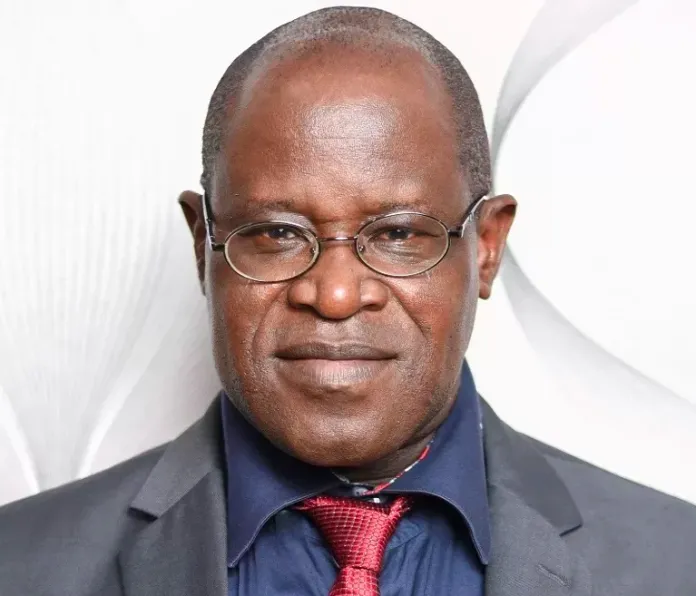The National Research Institute of Chemical Technology (NARICT), Zaria, disclosed that it has established outstations across the six Geo-Political zones of the country, to aid the production of a variety of chemicals required by Nigerians.
The Director General of the institute, Prof. Jeffrey Barminas made this known while reacting to the award conferred on him by the leadership of the National Association of Nigeria students (NANS), as the best performing DG.
Barminas appreciated NANS for the award conferred on him, as he described the 40.1 million populations of Nigerian students as a force that will surely change the narrative about the country in terms of industrialization and economic growth.
Stakeholders Lament High Rate of Pesticides Abuse
He narrated some of the achievements of the institutes and his achievements in barely five years in office to include building of a multi-chemical plant that is ongoing, adoption of schools starting with 109 Unity Schools.
The director went on to highlight that outstations of the institute across the nation where the technology will be domiciled can be found in the Jalingo, Yola and Maiduguri in the North East, while outstations in Kano and Katsina will serve Northwest.
Animal Scientists Call for Better Research Funding in Poultry and Livestock
According to him, in Northcentral, the outstations are located in Plateau and Nasarawa States, adding that In Ogun state, the institute is building a fertilizer plant to produce organic fertilizer and that in the Southeast, Ebonyi state has the largest deposit of salt the institute is planning to use to produce a number of chemicals.
The first Pioneer Secretary of NANS, Comrade Usman Baba Kanika, who led the delegate, described the emergent of Prof. Jeffrey as the best performing DG as a vote of confident in recognition of his performance and adherence to federal character, fairness and patriotism.
“Our job is not just for the welfare of Nigerian students but also to see that those who are doing the right things are encouraged to do more. We are dynamic in making decisions and can also criticize vehemently those whose practices harm Nigerian students.



